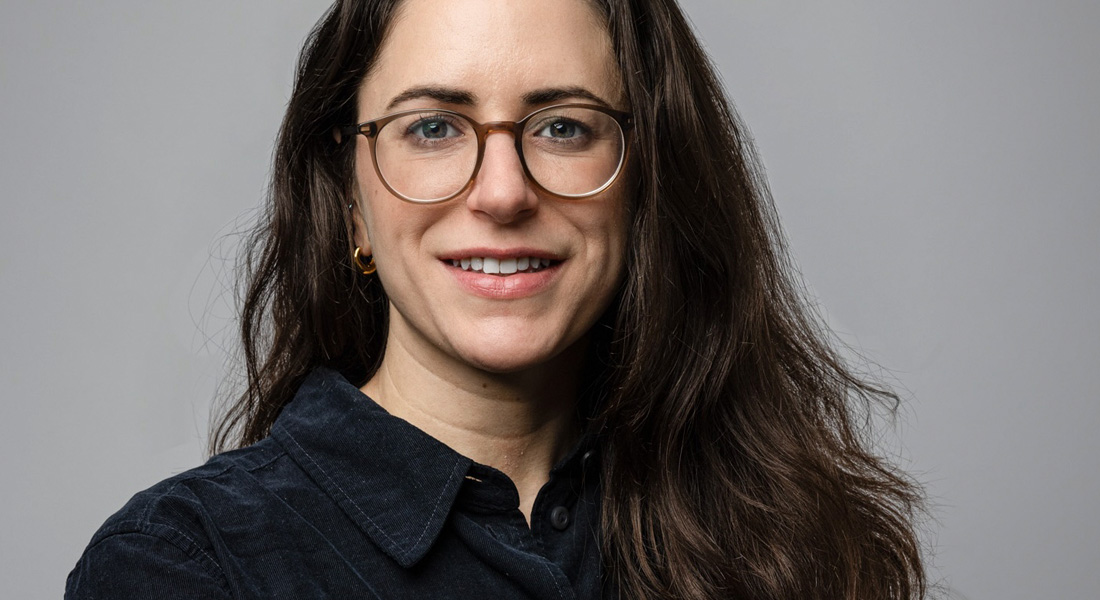Understanding Stigma in Visible Skin Diseases and the Call for Narrative Intervention in (Psycho)Dermatology
Lecture by Emily Newton-Tanzer, Dr.med.cand. at the University Hospital of Munich (KUM) and Dr. phil.cand. at the LMU Munich.
 In dermatology, skin tells a story, consisting of both technical, arguably objective, as well as subjective narratives. The physician necessarily embraces a biomedical position when assessing patients, though their case history does not account for the reality of the patient’s lived experience. In fact, for the dermatological patient, the subjective experience is even heightened, given the visibility of their ailments. Therefore, to better understand and optimize diagnosis, treatment and pedagogic approaches for skin disease in both clinical and non-clinical settings, this lecture provides an overview of clinical studies in stigmatization alongside approaches in narrative medicine. We hope that through examining this work, we might elucidate methods to be utilized and implemented in future (interdisciplinary) research while expanding on the developing field of (psycho)dermatology.
In dermatology, skin tells a story, consisting of both technical, arguably objective, as well as subjective narratives. The physician necessarily embraces a biomedical position when assessing patients, though their case history does not account for the reality of the patient’s lived experience. In fact, for the dermatological patient, the subjective experience is even heightened, given the visibility of their ailments. Therefore, to better understand and optimize diagnosis, treatment and pedagogic approaches for skin disease in both clinical and non-clinical settings, this lecture provides an overview of clinical studies in stigmatization alongside approaches in narrative medicine. We hope that through examining this work, we might elucidate methods to be utilized and implemented in future (interdisciplinary) research while expanding on the developing field of (psycho)dermatology.
Bio
Emily Newton-Tanzer is an aspiring dermatologist and literary scholar at the Ludwig Maximilian University of Munich (LMU) as well as a medical intern at the LMU University Hospital, presently in the dermatology clinic. She initially moved to Munich, Germany in 2014 as an Early Stage Research Fellow for the Marie Curie Initial Training Network, after finishing her bachelor’s degree at Columbia University in New York. She subsequently pursued her medical training at the LMU, initially completing clinical research in paediatric endocrinology and nutritional medicine, only to later realise a deep passion for dermatology. Through her own medical practice, she discovered the emerging field of narrative medicine and began a second doctorate in English literature at the LMU.
Her literary research aims to better understand the intersection of medicine and literature, utilising narratological and hermeneutic methods to deconstruct illness narratives from both physicians and patients, thereby elucidating the powerful role literature might play in modern medical practice and pedagogy.
Map of South Campus
View directions.
View on map of the Faculty of Humanities - South Campus.
View map of South Campus (pdf).
